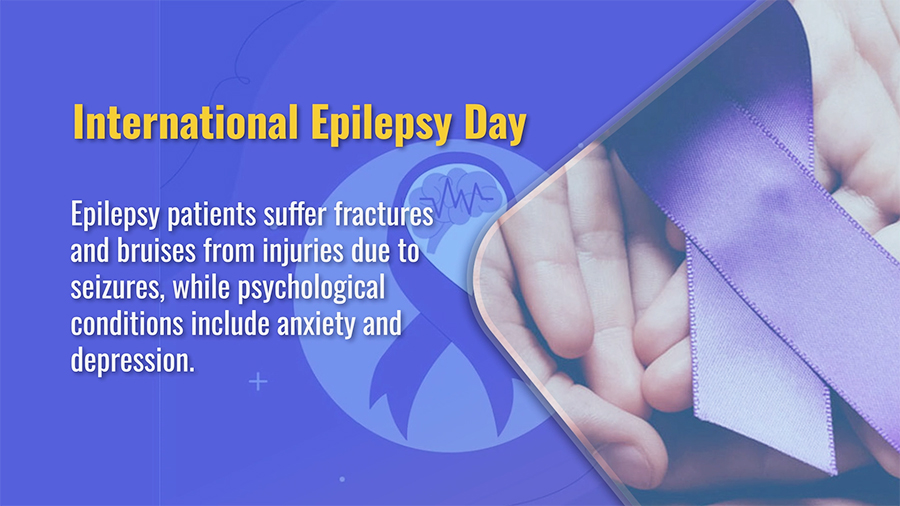
Today is the International Epilepsy Day. Epilepsy is one of the most common neurological diseases globally according to the World Health Organisation or WHO. Epilepsy is a chronic non-communicable disease of the brain, which causes seizures. During a seizure, a person might lose control of their body movements, feel strange sensations, or even lose consciousness. According to the health ministry’s 2023 annual health bulletin, over 2,000 people in the country were diagnosed with epilepsy.
The WHO says the risk of premature death in people with epilepsy is up to three times higher than in the general population. Moreover, the WHO says 70 per cent of epilepsy patients can be seizure-free if diagnosed and treated.
On the other hand, a 2022 WHO report shows that the treatment gap for epilepsy in low-income countries is over 75 per cent.
In Bhutan, the 2023 annual health bulletin states that 22 people died due to epilepsy between 2021 and 2022.
Psychiatrists at the national referral hospital say that many Bhutanese are reluctant to come forward for treatment when they have epilepsy.
“I feel that there is a big treatment gap. We have our belief system where culturally, we have different ways of looking at epilepsy or other disorders. So, they do not come to the hospital at first. Sometimes, they resort to lamas and there are other shamans,” said Dr Damber Kumar Nirola, a psychiatrist at the national referral hospital.
Doctor Nirola added that over the years, hospitals in the country have tried to create awareness about epilepsy.
Moreover, according to the WHO, almost half of the people with epilepsy have coexisting physical or psychiatric conditions.
Epilepsy patients suffer fractures and bruises from injuries due to seizures, while psychological conditions include anxiety and depression.
“There is a lot of stigma attached to epilepsy in Bhutan simply because there are lots of myths associated with epilepsy. One thing is people think that epilepsy is contagious. So, the moment they see somebody falling or they see a person having seizures, they think that it can be contracted to other people and they try to avoid that. Epilepsy is not a contiguous disease,” added Dr Nirola.
The doctor added that the disease is often caused by brain damage, genetic conditions, severe head injury, stroke, brain tumour, and brain infections such as meningitis.
According to Doctor Nirola, the national referral hospital diagnoses epilepsy through clinical observation.
As of now, the country does not have doctors specialised in epilepsy but the psychiatric department in collaboration with the medical department looks after epilepsy patients.
Singye Dema
Edited by Sherub Dorji







